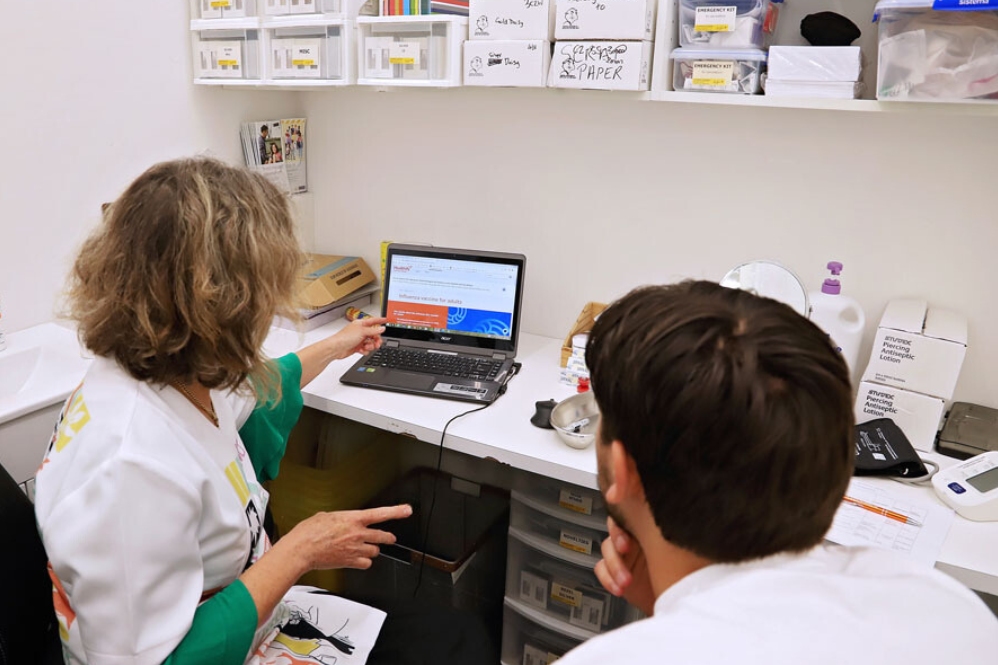Hepatitis A is uncommon in Aotearoa New Zealand but the vaccine is funded for people at risk of severe infection, including:
- transplant patients
- children with chronic liver disease
- people who live in close contact with someone infected with hepatitis A.
Immunisation is recommended but not funded for the following groups:
- adults with chronic liver disease including chronic hepatitis B or chronic hepatitis C
- men who have sex with men
- some occupational groups (eg, healthcare workers exposed to faeces/poo, employees of early childhood services, particularly where there are children too young to be toilet trained, sewage workers, those who work with non-human primates (eg, zoos, research laboratories)
- food handlers during community outbreaks
- military personnel who are likely to be deployed to high-risk areas.
Vaccination can be considered in others at higher risk, such as injecting drug users. Hepatitis A vaccine is not routinely recommended for all children in Aotearoa New Zealand, although it may be considered during community outbreaks.
Travelling overseas
If you're planning to travel to a developing country, you may be at risk of hepatitis A infection and should consider getting immunised.
- High-risk areas include Africa, Asia, Central and South America and the Middle East.
- Moderate-risk areas include the Mediterranean, Eastern Europe (including Russia) and parts of the Pacific.
The vaccine should be given at least 2 weeks before departure so that your body has time to respond to the vaccine.








